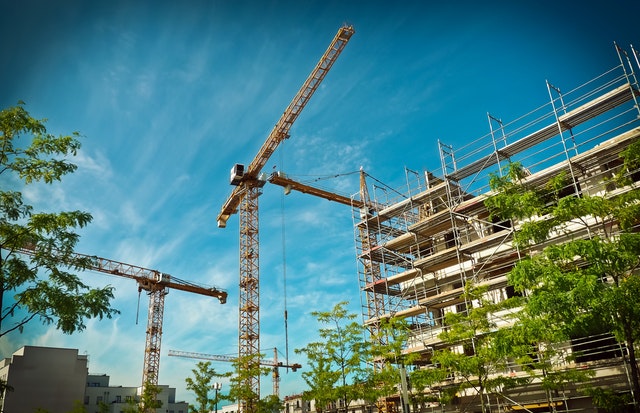Crane operators have a severe role to fill in the construction industry. Materials are needed to put up high-rise buildings, massive construction projects, and the cranes transport monumental infrastructures by the ton. This is their job description. That alone is a challenging task. But being 100 per cent accurate despite environmental challenges is just one of the problems crane operators face daily. Here is what you don’t get to see:
Tight Schedule
If you say crane operators deal with constant pressure at work, consider it as a fact. Starting with how a project is usually done in general, it follows a specific schedule. Meaning, crane operators are under contractual terms. So they work at whatever weather condition they are faced with. They also work multiple shifts, on weekends, and if it falls on holidays, those get eaten up too. They don’t have much leeway around time. That’s why planning is crucial between contractors and the construction team in which a crane operator is a part.
Transporting The Crane
A crane operator’s usual shift lasts 8-12 hours. A typical day starts very early concerning transporting the crane to the construction site which is usually done by the crane hire companies. To avoid the morning rush hour and daily traffic, they start before cars come out. Although the crane is built for easy transportation, there are things to consider while using the public road such as travel or bridge restrictions. Since cranes are naturally wide and tall they have to travel slower. With the high-speed highways and ways that they have to pass through, it makes the whole process susceptible to accidents. Hence, the lesser vehicles on the road, the better.
Clash Between Customers Or Contractors And The Crane Operators Themselves.

Crane operators are the ones responsible for the safety, efficiency, performance, and setting of everything that will involve this colossal machine. The general job of loading and rigging starts with checking the entire crane of leakages. The wear and tear of cables, working conditions of the control panel, and if the electrical connections are efficient and accurate are also their responsibility. Doing this alone could take them more than an hour, and slight neglect in the process could compromise safety. They also check the weather condition, wind flow and the ground in which the crane is set. It should not be too soft nor wet that could cause the crane to dip and slip.
Moreover, everybody that will be involved in operating the crane, including the groundsmen, should be qualified to have a say. Crane operators may not see the load being set, or the high flow of load transport. He would have to rely on the people from the ground’s vision to finish the task. That being said, certifications and qualifications are checked strictly. All of these and more should be considered before a crane operator’s day continues. If gusts of wind, snow, and fog add up to it, which could put a stop in everything, the schedule gets compromised. This jeopardises what was agreed upon in the contract resulting in a conflict with the contractors and customers. With the crane operators’ ability to judge whether it’s conducive to continue or not, they’ll always avoid injury regardless if they are facing time restraint.
Technological Innovations
New machines mean additional training. Examples of the existing certifications needed are NCCO certification, OSHA training, CDL license, Rigger and Forklift Certification. Also, they should be having Fall Protection training, Spotter certification, and Certification for Powerline Safety Awareness. Certain power and processing plants require some specific training. While all of these are necessary, this may all become obsolete once a new model of crane comes in.
These mentioned problems can be resolved. But there’s one that is the ultimate antagonist to a crane operator’s life. And it is the weather condition. With all of these challenges that a crane operator faces, they have to keep their health in check too. Tasks are to be done with a clear mind. Therefore, crane operators are expected to be experts in staying calm under pressure. Somehow, this makes them all extraordinary.
